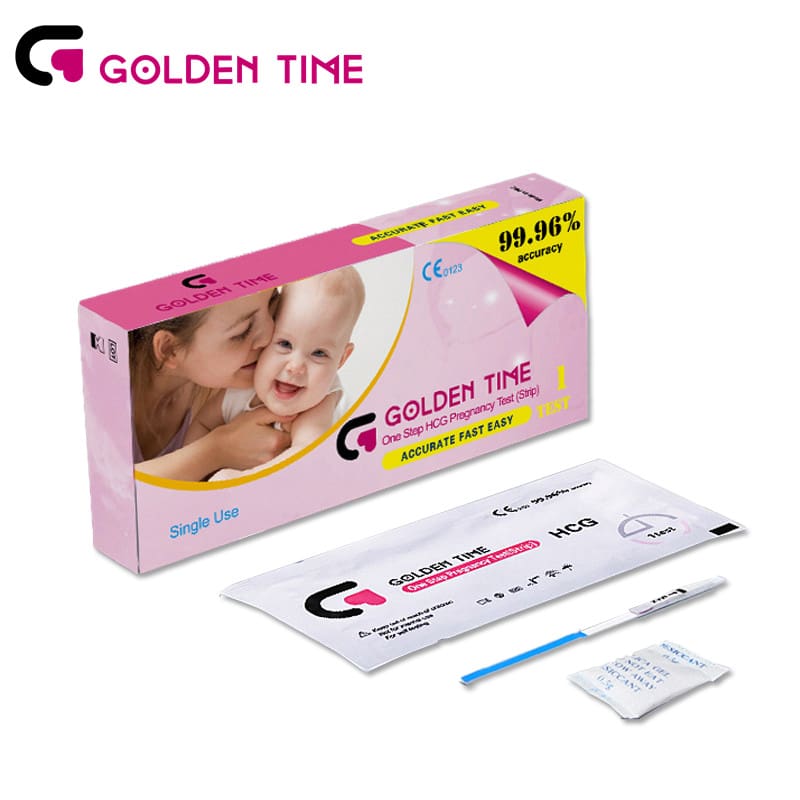Oct . 10, 2024 23:43 Back to list
Home Testing for HCG Levels How to Use at Home Effectively and Safely
Understanding the Home HCG Levels Test A Comprehensive Guide
Human Chorionic Gonadotropin (HCG) is a hormone produced during pregnancy, primarily by the placenta. Many women use HCG level tests as a way to confirm pregnancy, monitor its progression, and sometimes as a measure of their fertility treatment's efficacy. The availability of home HCG tests has significantly increased, allowing for convenient and private testing. This article will discuss the importance of HCG levels, how home tests work, and what to consider when using them.
The Importance of HCG Levels
HCG is often referred to as the pregnancy hormone, as its levels rise rapidly in the early stages of pregnancy. The hormone can usually be detected in blood approximately 6-10 days after fertilization, and in urine about two weeks later. Monitoring HCG levels can provide essential information about the health of a pregnancy. Typically, in a healthy early pregnancy, HCG levels double every 48 to 72 hours. If levels do not rise appropriately, it may indicate potential issues, such as an ectopic pregnancy or miscarriage.
How Home HCG Tests Work
Most home HCG tests are urine tests that operate on a simple principle they utilize antibodies that specifically bind to HCG. When a woman takes the test, she applies urine to the test strip, which contains a reaction area with these antibodies. If HCG is present, a chemical reaction occurs, producing a visible line or indicator that shows a positive result.
These tests vary in sensitivity, meaning some can detect lower levels of HCG than others. It's essential to note that the timing of the test can significantly affect the accuracy of the result. Testing too early may lead to false negatives, as HCG levels might not be high enough to detect. Experts recommend waiting until after a missed period for the most reliable results.
Best Practices for Using Home HCG Tests
hcg levels test at home manufacturer

1. Choose the Right Test Select a home HCG test from a reputable manufacturer. Look for reviews and clinical validation of the product's accuracy.
2. Follow Instructions Carefully Each test may have different instructions. Ensure you read and understand them before use, including details on how to collect and apply urine correctly.
3. Timing Is Key For the most accurate result, consider waiting until at least the day of your expected period. If the result is negative but you suspect you may be pregnant, wait a few days and test again.
4. Consult a Healthcare Professional Regardless of the test result, it’s always a good idea to consult with a healthcare provider. They can provide further guidance, confirm a pregnancy with a blood test, and discuss any necessary next steps.
5. Be Mindful of Medications and Conditions Some fertility treatments that include HCG injections can lead to false positives. Ensure you account for this when interpreting your test results.
Conclusion
Home HCG tests are a valuable tool for women looking to confirm pregnancy in the comfort of their own homes. Understanding how they work, when to use them, and their limitations can enhance their effectiveness. Always remember that while these tests are quite reliable, consulting with a healthcare provider is crucial for a comprehensive understanding of your reproductive health.
-
Dengue NS1 Rapid Diagnostic Test Kit
NewsMar.07,2025
-
Dengue NS1 Rapid Diagnostic Test Kit
NewsMar.07,2025
-
Dengue NS1 Rapid Diagnostic Test Kit
NewsMar.07,2025
-
Transferrin Rapid Test Cassette Tumor Marker TF Card
NewsMar.07,2025
-
Malaria Pf Pan Rapid Diagnostic Test Kit
NewsMar.07,2025
-
malaria pf / pan ag rapid test
NewsMar.07,2025

